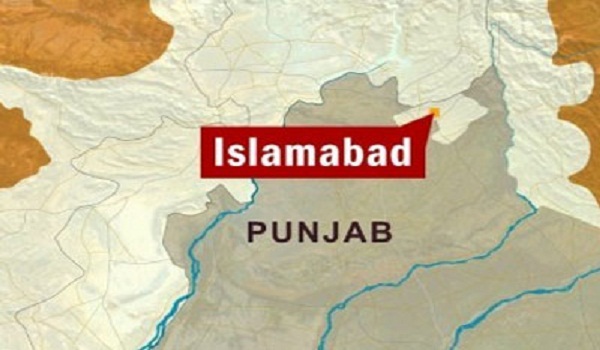Karachi: Pakistan’s Consumer Price Index (CPI) for April 2025 is expected to record a significant slowdown, falling below 0.5% year-on-year (YoY) — marking one of the lowest inflation rates in recent history.
According to a report by Topline Securities, inflation for April is anticipated to remain in the range of 0.05% to 0.5% YoY, with a month-on-month (MoM) deflation of -0.8%. This would bring the average inflation for the first ten months of FY 2024–25 down to 4.87%, a sharp decline compared to 26.22% recorded during the same period last year.
Read: Interest rate likely to drop again amid falling inflation
The easing in inflation is largely attributed to a steep drop in food and electricity prices. Food inflation is expected to decline by 3.32% MoM, driven by a 25% drop in fresh fruit prices, a 21% fall in tomatoes and onions, and a 19% decrease in egg prices. Meanwhile, prices for milk, meat, spices, and pulses are projected to increase only marginally.
In the housing, water, electricity, and gas category, prices are expected to fall slightly by 0.02% MoM, mainly due to a 6.8% decrease in electricity tariffs. This decline is supported by fuel cost adjustments, quarterly tariff cuts, and incentives on petroleum development levies. However, a 1.8% rise in rents may partially offset the overall dip.
Transport costs are also projected to decline by 0.12% MoM, driven by a 0.4% reduction in fuel prices.
With inflation showing signs of sustained decline, Topline Securities has revised its full-year inflation estimate for FY 2024–25 from 5–6% to a new range of 4.5–5.5%.
Read: Flat pension increase to be replaced by inflation-linked adjustments
The sharp drop in inflation is also expected to boost real interest rates, which may reach 1200 basis points in April — significantly higher than Pakistan’s historical average of 200–300 basis points.
However, analysts caution that fluctuations in global commodity prices, especially oil, remain a key risk to the inflation outlook. Fitch Ratings, in a recent note, projected Pakistan’s inflation to average 5% in FY25, before rising again to 8% in FY26.
This record disinflation signals a potential turning point for Pakistan’s macroeconomic landscape, offering room for monetary easing and improved investor sentiment in the months ahead.








